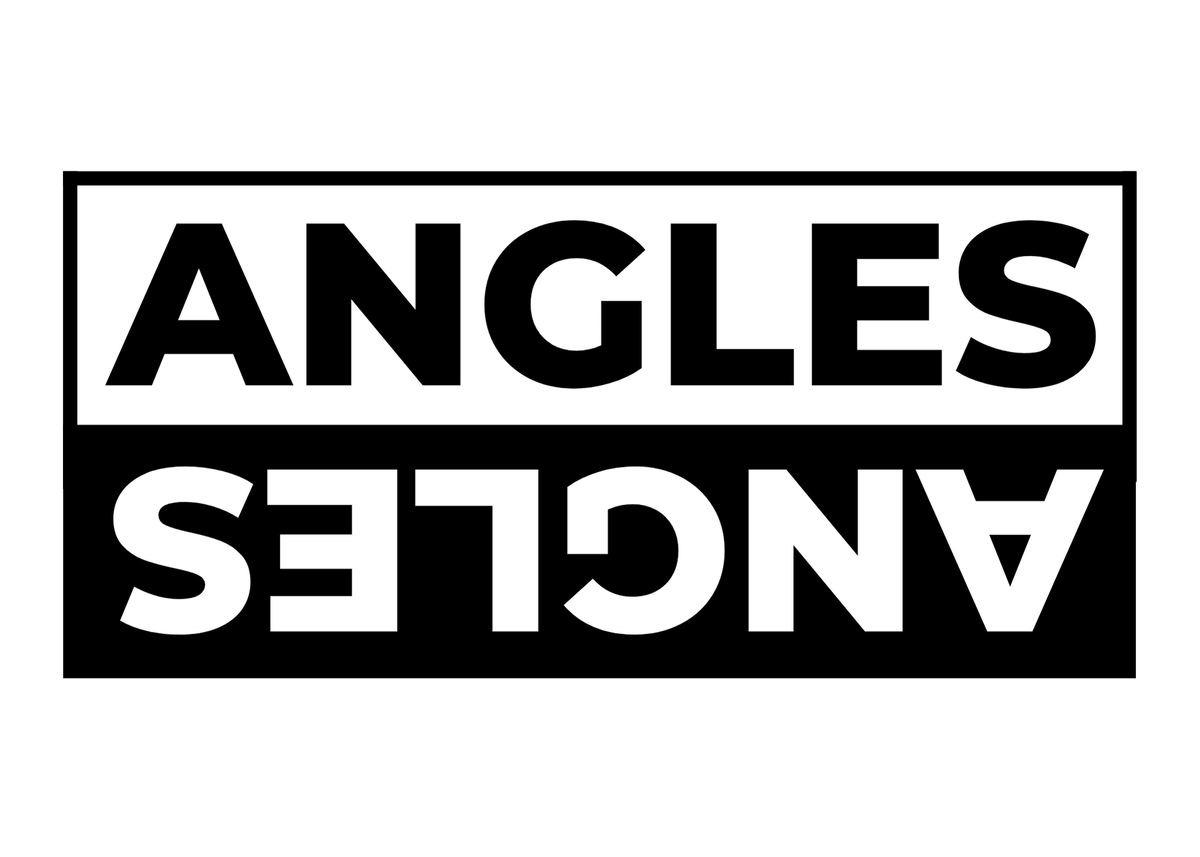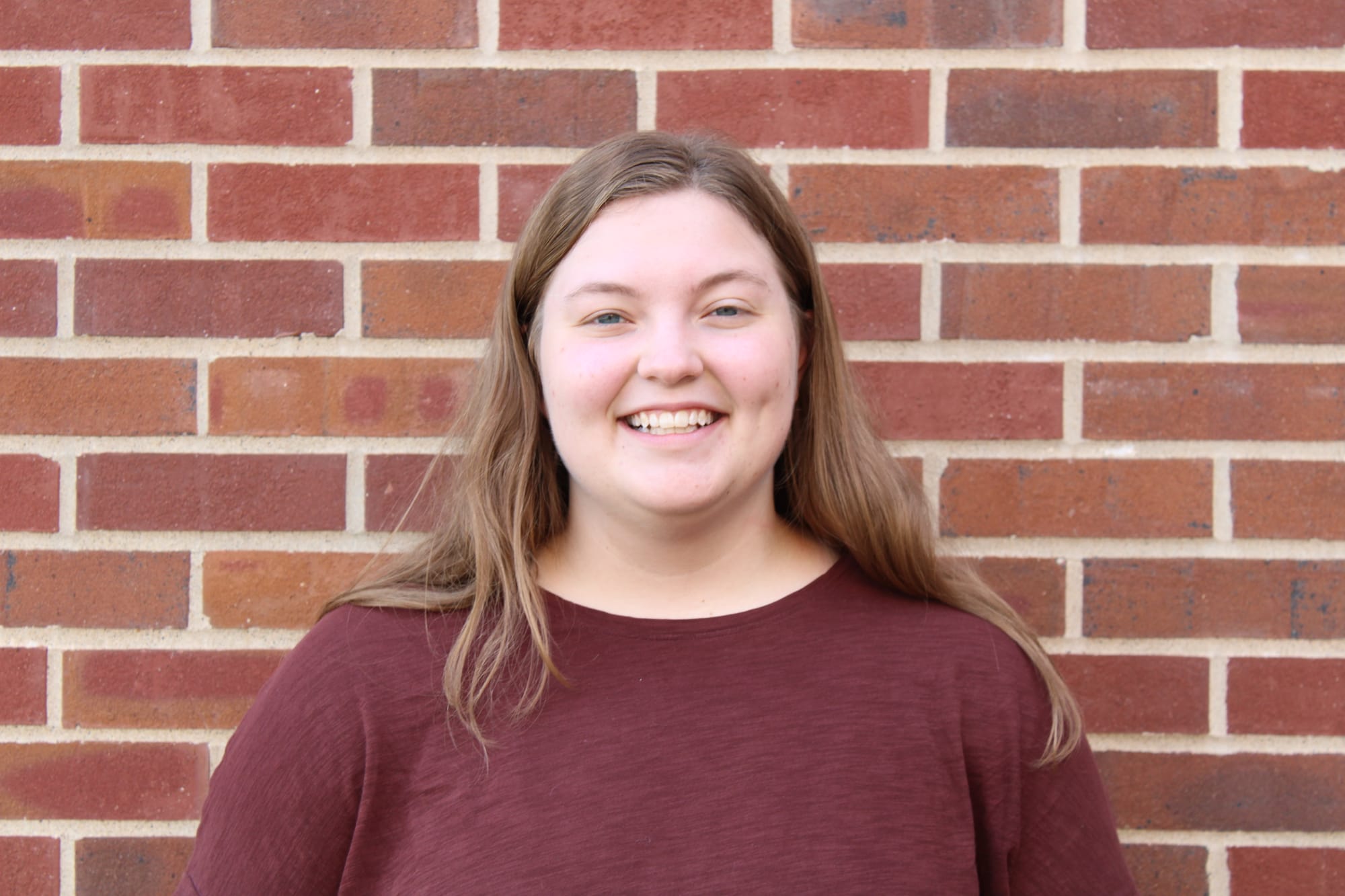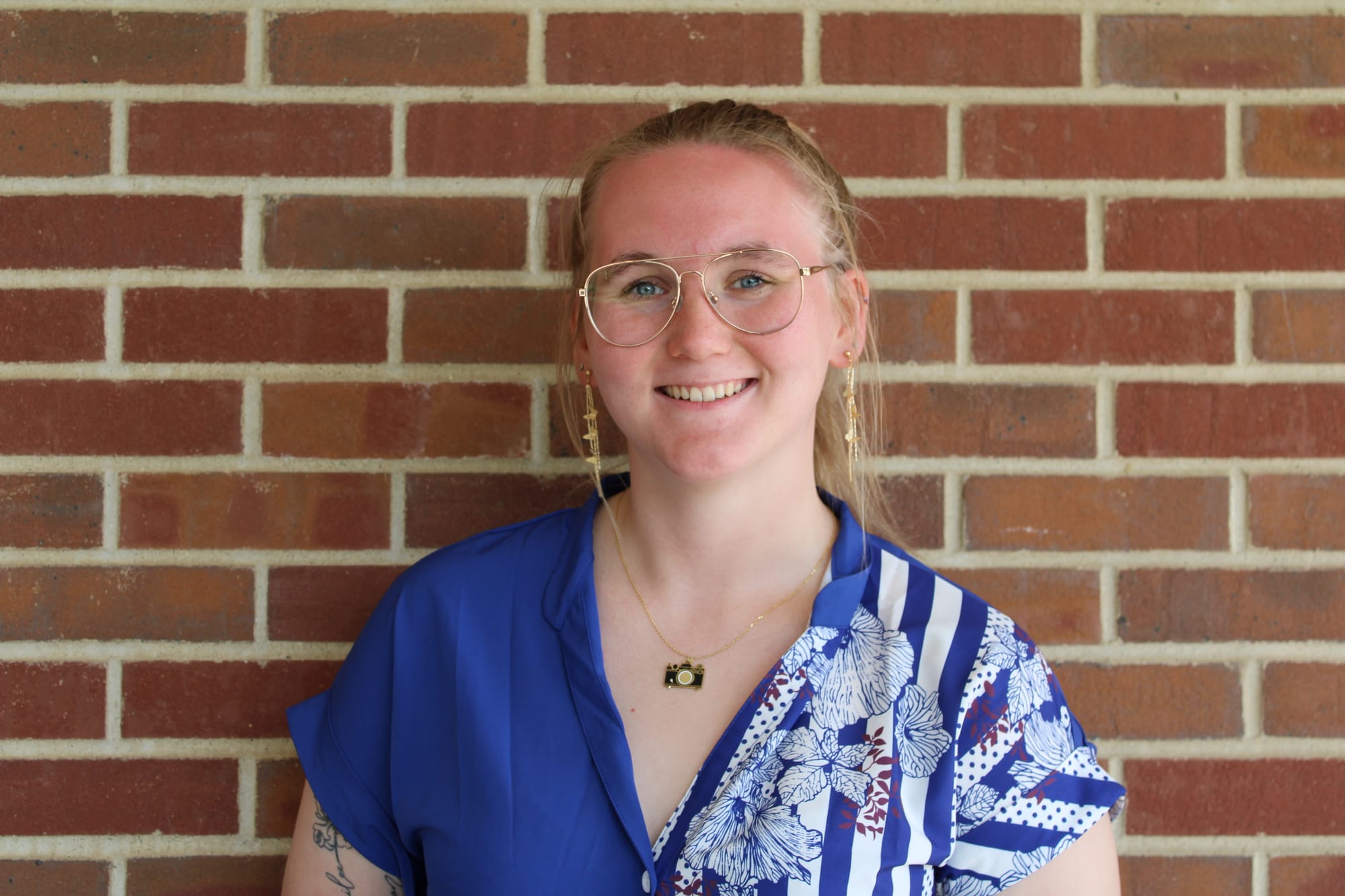Angles: Should Augustana require more core curriculum classes?

As Augustana continues to adjust its SOPHIA core curriculum, the only class, aside from First-Year Seminar, that has been required for all students to take to fulfill their undergraduate degree is Religion 110: “Exploring Christian Faith.”
Students can choose from a selection of courses to make up the remaining required SOPHIA credits.
Just a couple of blocks away, the University of Sioux Falls requires six classes for all students. Dakota Wesleyan University requires 13 courses and Mount Marty University requires about eight.
Every category, except Christian Tradition, in Augustana’s core curriculum has at least two options for students to choose from.
As Augustana continues to try to make a curriculum that will best prepare students for their futures, it’s worth questioning if “Exploring Christian Faith” should be the only class that all students must take.
There are many classes that faculty members and students might think are necessary to give graduates the best chance of future success.
The student body is constantly changing, as is the world that it will eventually step into. What students need will differ from year to year. It’s worth considering whether the current curriculum is truly effective in providing a liberal arts education.
More courses are necessary
By Nora Winckler
One of Augustana’s greatest strengths is its liberal arts education. As students, we are encouraged to have a background in the natural sciences, social sciences and humanities through the SOPHIA Core Curriculum.
Currently, Religion 110 is the only class every single student is required to take, and, for argument’s sake, I don’t think this requirement should be removed.
“Christian” is one of Augustana’s core values, and given our deep ties to the Lutheran denomination, students should be required to learn what our institution stands for in a religious context. However, I do think there are at least three other classes all students should be required to take.
Now, before I am canceled for this hot take, I think we can all agree that nobody likes taking a class if we’ve deemed it irrelevant to our own lives. We’ve all had at least one class that left us questioning what the point was and wondering when we are ever going to use the information we were just tested over. Therefore, there is some real word applicability to the classes I propose all students should take.
First and foremost, I think every student should be taking “Personal Financial Stewardship.” This proposed requirement should be pretty self-explanatory, and it currently satisfies the wellbeing credit in the SOPHIA curriculum.
Everybody should know how to create a budget for themselves, manage a checking and savings account and figure out their taxes. Taking this class is a win-win-win situation. Imagine if the class also covered student loans and how to pay them back — we would all be better off.

In South Dakota, students must have taken a personal finance course to graduate high school, but this class would have a greater impact on college students who are becoming more financially independent.
All students should also take “American Government.” It’s no secret that politics is a hyperpartisan arena, and now more than ever, it is critical that voters are educated and able to hold their Congressional members and President accountable.
However, voters cannot establish that accountability in a responsible manner if students do not understand how the government works. I have taken this class and I learned more than I thought I would. It currently satisfies the U.S. experience credit.
Finally, why isn’t everyone already taking “Literary Experience”? I thought I knew how to write before I took this class with English professor Beth Boyens, but as it turns out, I really didn’t know anything about how to structure a paper or write a thesis.
While most students are not going to be writing poetry explications or literary analyses in the real world, we will be writing cover letters, drafting emails and texts to our bosses and making captions for social media posts.
I can also imagine that most of us will be responsible for writing reports, project proposals or official documents when we reach the workforce, so it would be very beneficial for us to learn how to write concisely and effectively communicate our ideas via writing while we are still in college.
I think all of these classes would benefit every student in the long term; however, I am not devaluing the importance of learning another language, taking a STEM class or learning how society and people function. Realistically, I think an argument can be made for virtually any class to be required for students.
Religion 110 is enough
By Ryleigh Tupper
If there is one thing that is enjoyable about college, it is the ability to build and create your own destiny.
I understand that in order to receive a college degree, there are general courses that students must take. However, Augustana’s SOPHIA Core Curriculum allows students to pick from a number of different courses to fulfill their general requirements.
Students should only be required to take one specific course over their years in college, and that course should be a religion course.
Augustana is a Lutheran school, which supports the idea that a religion course should be mandatory for all students, as it is now. All students are required to take “Exploring Christian Faith.”

If students enjoy the religion class, they are more than welcome to continue to take religion courses as they see fit in their schedule — but by forcing multiple mandatory courses, students are wasting their time and money on something they do not find joy in.
As adults, we have the ability to pick and choose where we see our future path heading. By only having one specific class that is required for all students, we have space to try something new for an art credit or take a class that sounds interesting and fulfills the writing component.
Now don’t get me wrong, taking certain classes helps us develop into well-rounded adults. At the same time, why spend a semester learning about something that will never be useful in the future?
By allowing students to have availability to numerous different classes — whether it be for their designated major, minor or just for fun — students can still learn new skills and explore their different areas of interests.
While a general college degree requires a basic understanding of numerous different fields, there are still multiple ways to achieve a general education. For example, Augustana students are able to choose from over 15 different courses for their art credit, ranging from graphic design and pottery making to theater and photography.
I, for one, have a full schedule as it is, and that’s even after having most of my generals completed in high school. With two majors and one minor, I do not have the free time to take additional classes that do not fit within my desired area of study.
Another bonus behind not having general classes would be the time it would take a student to complete college. Students could have the ability to complete their degrees within two to three years, which is not only saving money, but also getting them into the workforce much quicker to gain more hands-on experience. Many times some of the general classes we are taking are repetitive subjects of that we learned in high school.
While general education classes are thought of as being used to build our character and form us into well-rounded individuals, we are wasting our time on subjects that do not have much to do with our declared major. As a result, Augustana should only require one course, “Exploring Christian Faith,” for students because we are a Lutheran institution.



